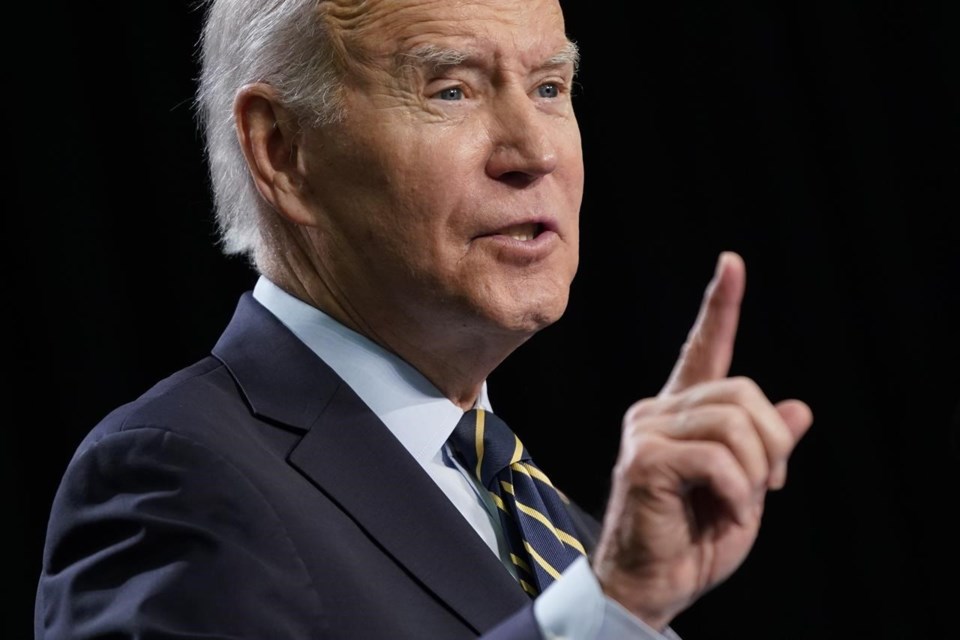WASHINGTON (AP) — Millions of people who enrolled in Medicaid during the COVID-19 pandemic could start to lose their coverage on April 1 if Congress passes the $1.7 trillion spending package leaders unveiled Tuesday.
The legislation will sunset a requirement of the COVID-19 public health emergency that prohibited states from booting people off Medicaid. The Biden administration has been under mounting pressure to declare the public health emergency over, with 25 Republican governors asking the president to end it in a letter on Monday, which cited growing concerns about bloated Medicaid enrollment.
“This is a positive for states in terms of planning, however, this will come at the cost of some individuals losing their health care,” said Massey Whorley, a principal at health consulting firm Avalere.
Millions are expected to be bumped from the program, which grants health care coverage to nearly 80 million low-income people throughout the country. The federal government will also wind down extra funds given to states for the added enrollees over the next year under the proposal.
Many will be eligible for health insurance coverage through employers, the Affordable Care Act or, in the case of kids, the Children’s Health Insurance Program.
Advocates have raised concerns about how states will notify enrollees if they are being kicked off the program and what their options are. The effort will be particularly challenging for some of the country's poorest people, who may not have stable home address or access to internet or phone services to check their status. If passed, the spending package would allow states to start kicking people off the program as early as April, but require them to notify enrollees first.
People who are on Medicaid should make sure their contact information is up to date on their accounts and that they check the mail frequently to keep an eye on their eligibility status as that April 1 date nears, said Robin Rudowitz, the director of Medicaid at Kaiser Family Foundation.
“There is likely to be people who fall through the cracks,” she said.
The move will free up additional funds, however, to pay for more stable health insurance coverage for children in low-income households by requiring states to keep those children on Medicaid for at least a year once they've enrolled. A push require states to extend Medicaid to new mothers for a 12-month period after giving birth, however, failed to make the cut. The District of Columbia and 27 states currently extend coverage for a 12-month period for postpartum mothers.
The spending package also extends the telehealth flexibilities that were introduced during the COVID-19 pandemic and led health care systems around the country to overhaul their approach to deliver care by smartphone or computer more frequently.
Under the proposal, the restrictions that once tightly governed telehealth care under Medicare will stay loosened through the end of 2024.
That will give Congress more time to study telehealth and how widespread fraud is in this program, said Andrew Hu of the Bipartisan Policy Center, a Washington think tank, which has studied the use of telehealth during the pandemic.
“We can get some more time to assess where the benefits are with telehealth,” Hu said.
The Senate is expected to vote on the spending bill first, and Democrats are looking for support from at least 10 Republican senators to pass the measure before sending to the House for consideration.
Amanda Seitz, The Associated Press



